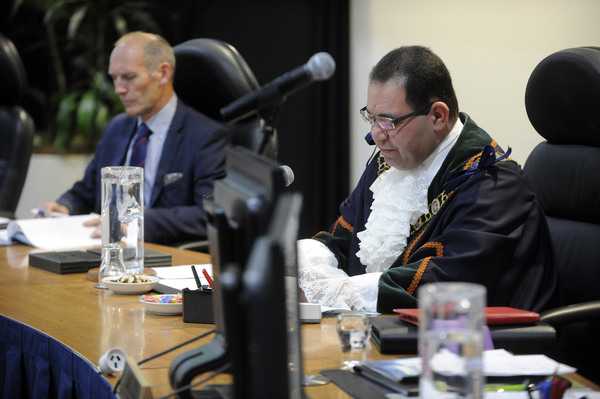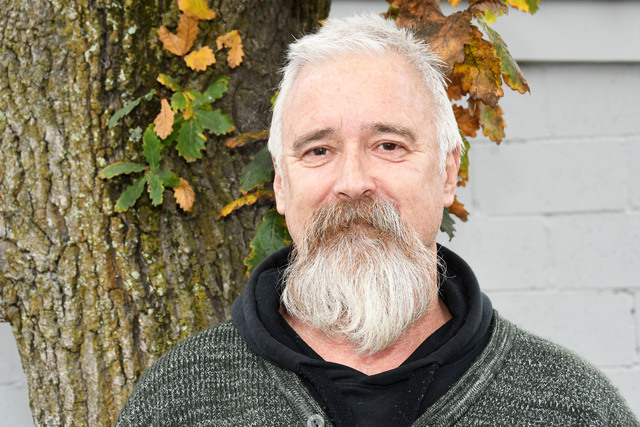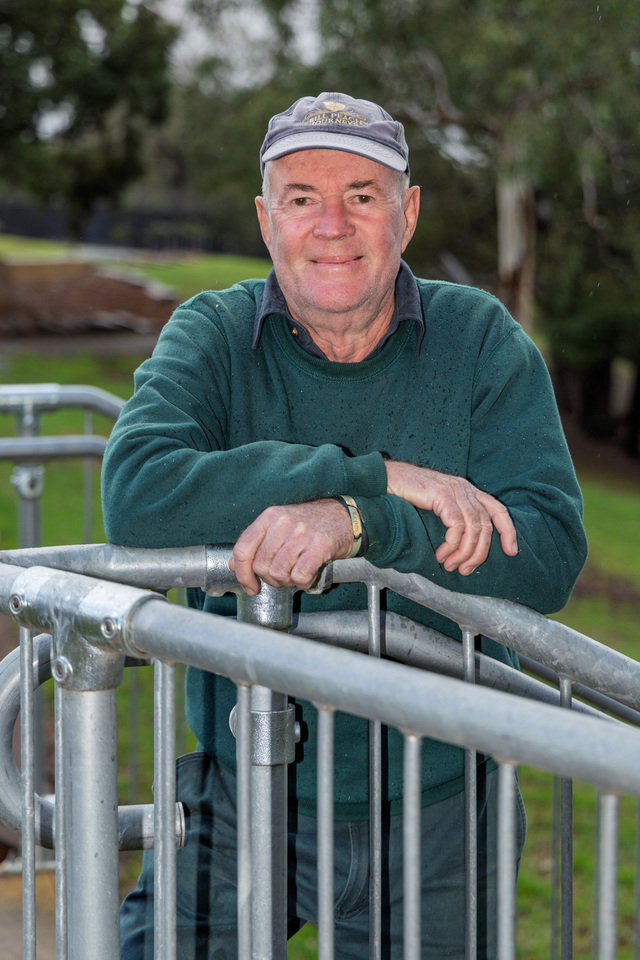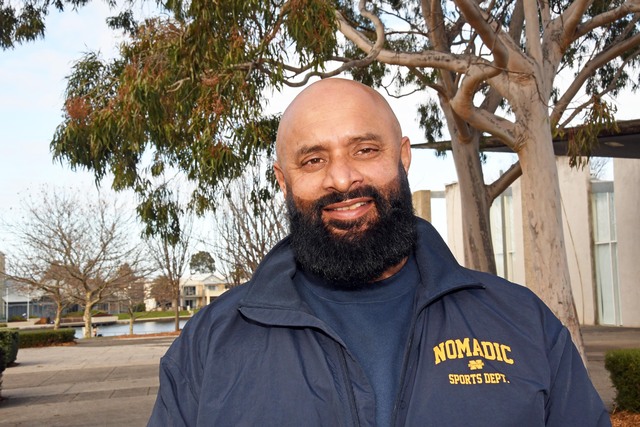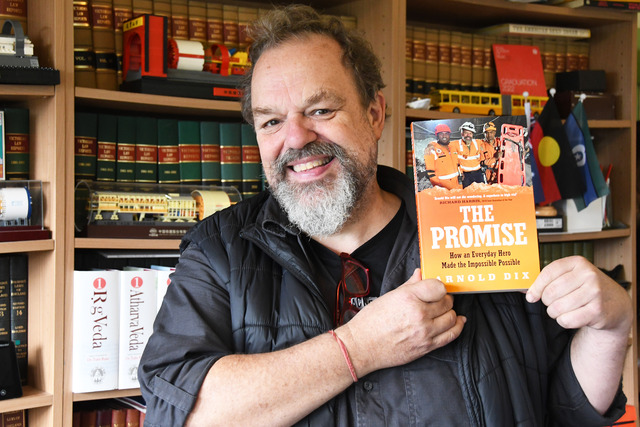Former Casey CEO Mike Tyler didn’t read a 2015 State Ombudsman’s report into alleged corruption involving Casey councillors and developers, an IBAC inquiry has heard.
He had also told IBAC in private evidence that he was unaware that Casey was required to keep a register of councillors’ conflicts of interest, IBAC Commissioner Robert Redlich told the hearing.
In 2015, the Ombudsman Deborah Glass was “unable to make adverse findings” against councillors Geoff Ablett and Amanda Stapledon over 2014 election campaign donations because they “refused to give evidence” on grounds of possible self-incrimination.
In the IBAC hearing on 4 March, Commissioner Redlich asked current Casey chief executive Glenn Patterson if it was a surprise that Mr Tyler didn’t read the findings.
“I have no knowledge of whether he did or did not read that report,” Mr Patterson said.
“You would expect, would you not, that situation having occurred, the CEO thereafter would need to be vigilant to the council’s affairs?”
“Yes,” Mr Patterson replied.
“Because those allegations in effect had never been properly resolved?”
“Yes.”
Mr Patterson, who started at Casey in September 2018, said the report raised “red flags” for him.
However, councillors had used the report as an “endorsement” when corruption allegations re-surfaced in The Age in 2018, Mr Patterson said.
“That was how it was kind of portrayed to me, that there had been a thorough investigation, seven allegations put, none substantiated.
“And so there was an endorsement really of their behaviour and hence no change really had taken place post that report.”
Mr Patterson couldn’t recall which councillors expressed that view.
In response to the allegations, Casey briefed councillors on declaring conflicts of interest, Mr Patterson said.
Councillors weren’t interested in doing “formal training” on the topic, despite a “general lack of appreciation of their obligations”.
“Given the gravity of the matters and the breadth of them, yes, it did surprise me.
“In hindsight, possibly the organisation could have insisted on that occurring.
“Whether that would have been well attended or not is another matter.”
Mr Patterson didn’t look back in the conflicts-of-interest register to check appropriate declarations had been made, he told the inquiry.
“My obligation was to ensure that there was compliance from that time forward, and that was my focus.
“I do understand without my prompting, though, that our governance team did that historic check and I think in broad terms found that there were omissions.”
Commissioner Redlich asked: “Would it come as a surprise to you if the former CEO, Mr Tyler, was not aware that such a register needed to be kept?”
“Yes, that would surprise me,” Mr Patterson replied.
“Because that’s a critical way in which the CEO can monitor the councillors, even if there’s no power to deal with them?”
“Yes, that’s correct.”
Ms Glass recommended political donations reform at the time.
“One property developer had 610 planning applications before the council over a two-year period, and made donations to the councillors’ political campaigns of $44,000 and $32,575,“ the report said.
“We should not wait for a scandal for this to happen,“ Ms Glass said.

